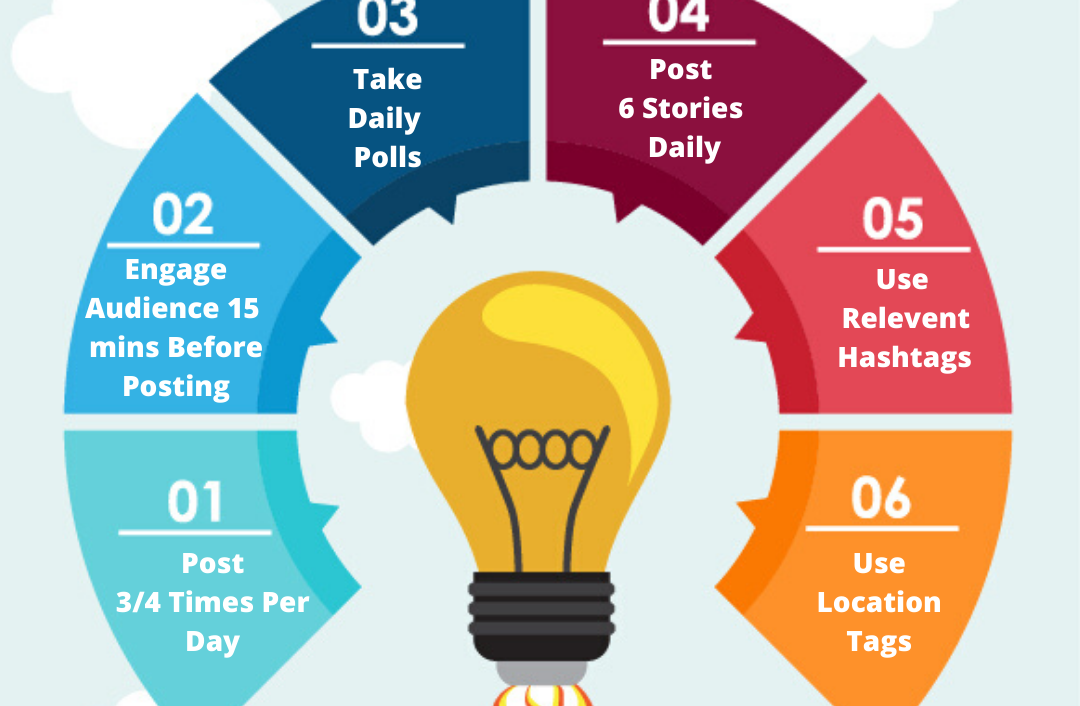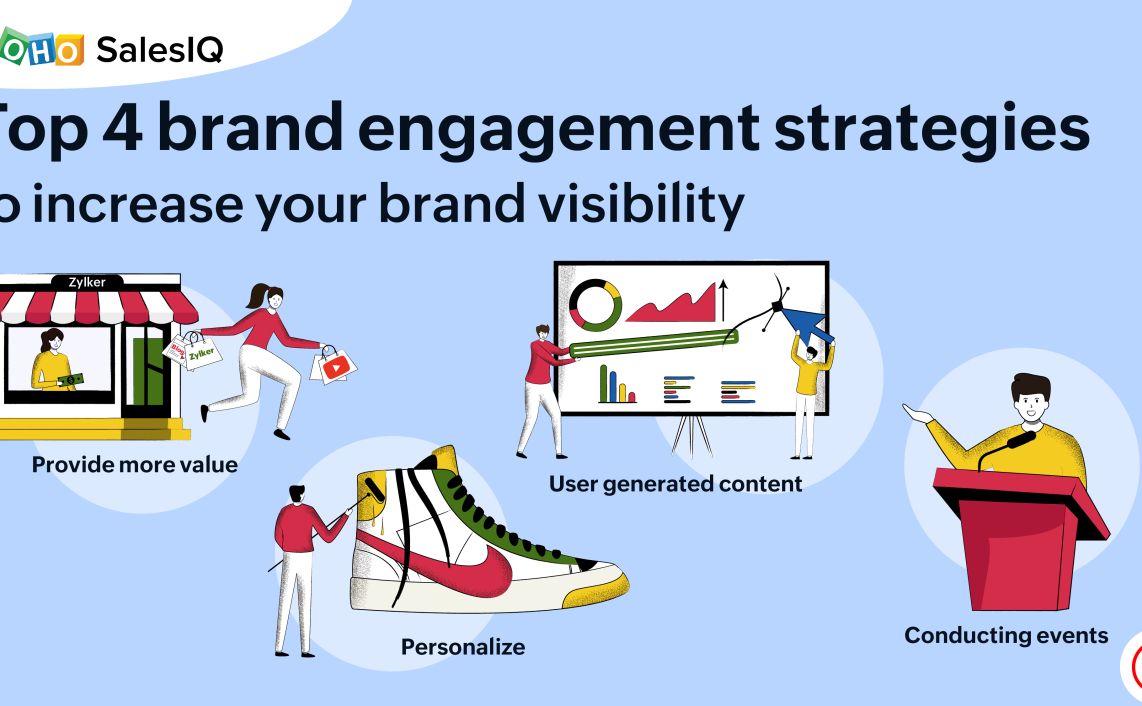Exploring The Future Of Real Estate In The Digital Age

Executive Summary

The real estate industry is undergoing a dramatic transformation fueled by the rapid advancements in digital technologies. This shift is redefining how properties are bought, sold, and managed, presenting both challenges and opportunities for stakeholders. This article delves into the key trends shaping the future of real estate in the digital age, exploring how these developments are impacting the industry and its players. From virtual reality tours to blockchain-based transactions, the digital revolution is poised to reshape the entire real estate landscape.

Introduction
The real estate industry, traditionally known for its reliance on traditional practices and physical interactions, is experiencing a rapid digital revolution. Technological advancements are transforming how properties are marketed, valued, and transacted, offering both challenges and opportunities to players across the value chain. This article explores the key trends shaping the future of real estate in the digital age, examining how these developments are impacting the industry and its players. From virtual reality tours to blockchain-based transactions, the digital revolution is poised to reshape the entire real estate landscape.
Frequently Asked Questions
What are the key technological trends driving the digitalization of the real estate industry? The adoption of artificial intelligence, virtual reality, blockchain, and data analytics are key drivers of digitalization in real estate. These technologies are transforming how properties are marketed, valued, and transacted.
How is virtual reality impacting the real estate industry? Virtual reality (VR) offers immersive and interactive experiences, allowing potential buyers to virtually tour properties remotely. This technology enhances the buying experience, reduces physical site visits, and widens the reach of properties to a global audience.
What are the benefits of using blockchain in real estate transactions? Blockchain technology provides enhanced security, transparency, and efficiency in real estate transactions. By providing an immutable and transparent record of ownership, blockchain can streamline the transaction process and reduce fraud risks.
Proptech: The Rise of Real Estate Technology
Proptech, short for property technology, encompasses the use of technology to streamline and innovate various aspects of the real estate industry. This includes platforms for property listing, virtual tours, online property management, and data-driven analytics.
- Property Listing Platforms: Online platforms such as Zillow, Redfin, and Trulia have revolutionized how properties are listed and marketed. These platforms offer comprehensive property listings, detailed information, and advanced search filters, making it easier for buyers to find their ideal property.
- Virtual Reality Tours: Virtual reality (VR) technology allows potential buyers to experience properties remotely through immersive 360-degree tours. This enhances the buying experience, reduces physical site visits, and expands the reach of properties to a wider audience.
- Automated Valuation Models (AVMs): AI-powered AVMs utilize data analytics to generate property valuations, providing more accurate and objective estimations compared to traditional appraisal methods. This technology speeds up the valuation process and reduces the reliance on human appraisers.
- Smart Home Integration: Smart homes are becoming increasingly popular, incorporating automated systems for lighting, security, and temperature control. These technologies offer enhanced convenience, energy efficiency, and improved home management.
- Data Analytics: Real estate companies are leveraging data analytics to gain insights into market trends, buyer preferences, and investment opportunities. This data-driven approach allows for more informed decision-making and improved marketing strategies.
Artificial Intelligence (AI) and Machine Learning (ML)
AI and ML are rapidly transforming various aspects of the real estate industry, automating tasks, improving efficiency, and enhancing decision-making processes.
- Automated Property Valuation: AI-powered valuation models analyze large datasets to generate property estimations, automating the valuation process and potentially reducing the need for traditional appraisals.
- Predictive Analytics: ML algorithms can analyze market data to predict future trends, helping investors make informed decisions about property investments.
- Customer Relationship Management (CRM): AI-powered CRM systems can analyze customer data to personalize marketing efforts and provide better customer service.
- Automated Property Management: AI-powered chatbots and virtual assistants can automate tasks such as scheduling appointments, responding to inquiries, and collecting rent payments.
- Fraud Detection: AI algorithms can analyze transaction data to detect suspicious activity and prevent fraudulent real estate transactions.
Blockchain and Decentralized Real Estate
Blockchain technology offers a secure and transparent platform for recording real estate transactions, revolutionizing property ownership and management.
- Secure Property Ownership: Blockchain creates an immutable and transparent record of property ownership, reducing the risk of fraud and disputes.
- Streamlined Transactions: By eliminating intermediaries and automating processes, blockchain can significantly streamline real estate transactions, making them faster and more efficient.
- Fractional Ownership: Blockchain allows for fractional ownership of properties, making real estate investments more accessible to a wider range of investors.
- Smart Contracts: Smart contracts automate the execution of agreements and ensure compliance with legal requirements, reducing the need for intermediaries.
- Tokenized Real Estate: Blockchain enables the tokenization of real estate assets, allowing for the creation of digital representations of properties that can be traded on decentralized exchanges.
The Rise of the Virtual Real Estate Market
The emergence of virtual real estate platforms, where digital assets are bought, sold, and traded in the metaverse, is opening new possibilities for investment and interaction.
- Metaverse Real Estate Investments: Virtual land and property in the metaverse are being bought and sold as investments, offering new opportunities for digital asset ownership and potential appreciation.
- Virtual Real Estate Development: Developers are building virtual spaces within the metaverse, creating opportunities for businesses to establish virtual offices, host events, and engage with customers.
- Virtual Property Management: Companies are developing virtual property management systems to manage digital assets within the metaverse, including maintenance, rental, and ownership records.
- Virtual Real Estate Communities: Virtual communities are forming around metaverse real estate, fostering social connections and creating unique experiences for residents.
- The Future of Virtual Real Estate: The metaverse is still in its early stages of development, but it holds the potential to revolutionize how we interact with real estate and create new opportunities for investment and innovation.
Conclusion
The digital revolution is rapidly reshaping the real estate industry, presenting both challenges and opportunities. Proptech, AI, blockchain, and virtual real estate are key drivers of this transformation, offering innovative solutions to traditional challenges and opening new possibilities for investment and growth. As these technologies continue to evolve, the real estate landscape is expected to become more efficient, transparent, and accessible, ultimately benefiting both buyers and sellers alike.
Keywords
- Proptech
- Virtual Reality
- Blockchain
- Artificial Intelligence
- Metaverse







